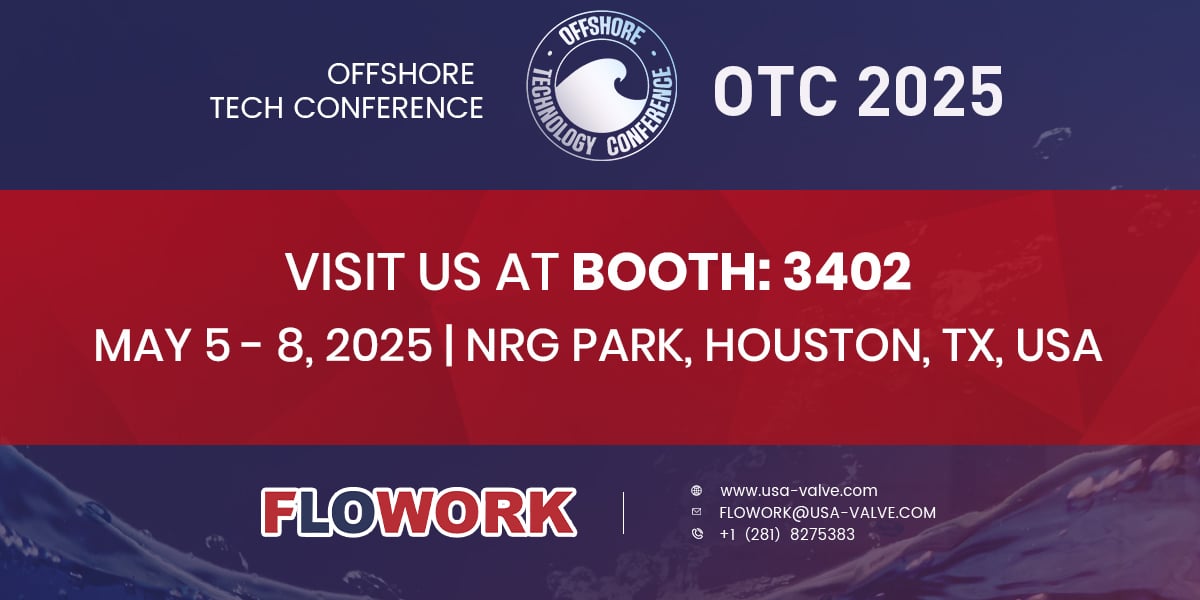What factors affect the operating torque of a gate valve?
Explore the factors affecting gate valve operating torque. The operating torque of the gate valve is affected by many factors, such as valve design, actuator, working conditions, etc. Let's analyze the key factors that affect the operating torque of gate valves, including valve size, sealing surface material, fluid pressure, lubrication conditions, etc., and verify the influence of each factor on the operating torque through experiments.
As a common cut-off valve, gate valves are widely used in various fields such as petroleum, chemical industry, metallurgy, and water conservancy. Its operating torque is one of the key factors affecting valve performance and life. Therefore, studying the factors that affect the operating torque of gate valves is of great significance for optimizing valve design, improving valve performance, and reducing maintenance costs. This article will deeply explore the various factors that affect the operating torque of gate valves and verify their influence through experiments, carbon steel gate valves.
1. The influence of valve size on operating torque
Valve size is one of the major factors affecting operating torque. Generally speaking, the larger the valve size, the greater the operating torque required. This is because larger valves have greater fluid resistance and inertia forces, requiring greater torque to overcome these resistances. In addition, the sealing surface of large-size valves is also larger, requiring greater pressing force to ensure sealing performance. Therefore, when designing a large-size gate valve, it is necessary to fully consider its operating torque requirements and select appropriate actuators and transmission devices, fugitive emission gate valve.
2. The influence of sealing surface material on operating torque
Sealing surface material is another important factor affecting gate valve operating torque. Different sealing surface materials have different friction coefficients and wear properties, which affect the operating torque. Generally speaking, materials with smaller friction coefficients require smaller operating torques, while materials with better wear properties can maintain smaller operating torque values. Common sealing surface materials include metals, non-metals and composite materials. Among them, metallic materials have high strength and hardness and are suitable for high-pressure and high-temperature situations; non-metallic materials have good corrosion resistance and friction properties and are suitable for corrosive media and low-pressure situations; composite materials combine metal and The advantages of non-metallic materials include better overall performance. When selecting sealing surface materials, comprehensive considerations need to be made based on working conditions and medium characteristics, low temperature ball valves.
3. Effect of fluid pressure on operating torque
Fluid pressure is one of the important factors affecting the operating torque of gate valves. When the fluid pressure is high, the valve needs to withstand greater thrust and friction, so greater operating torque is required to open or close the valve. In addition, high-pressure fluid will also cause greater impact and wear on the sealing surface, further increasing the value of the operating torque. Therefore, in situations of high fluid pressure, it is necessary to select sealing surface materials and structural forms that can withstand high-pressure impact and wear, api602 forged gate valve.
4. Effect of lubrication conditions on operating torque
Lubrication conditions are another key factor affecting gate valve operating torque. Good lubrication conditions can reduce the friction coefficient and wear rate between sealing surfaces, thereby reducing the value of operating torque. Commonly used lubrication methods include grease lubrication and oil mist lubrication. When choosing a lubrication method, factors such as the viscosity, temperature characteristics and service life of the lubricant need to be considered. In addition, a self-lubricating mechanism can be installed in the valve structure or technical means such as anti-friction coating can be used to improve the lubrication conditions.


All Of Our Videos By The Link Address: https://www.youtube.com/@floworkinc.5796/playlists

Through experiments, the influence of various factors on the operating torque of the gate valve was verified, which provided a reference for the design, selection and use of the gate valve. Future research directions can focus on the following aspects: in-depth study of the influence of different materials and structural forms on operating torque; development of new lubricating materials and self-lubricating mechanisms to improve lubrication performance; research on the application of intelligent control technology in reducing operating torque wait.









